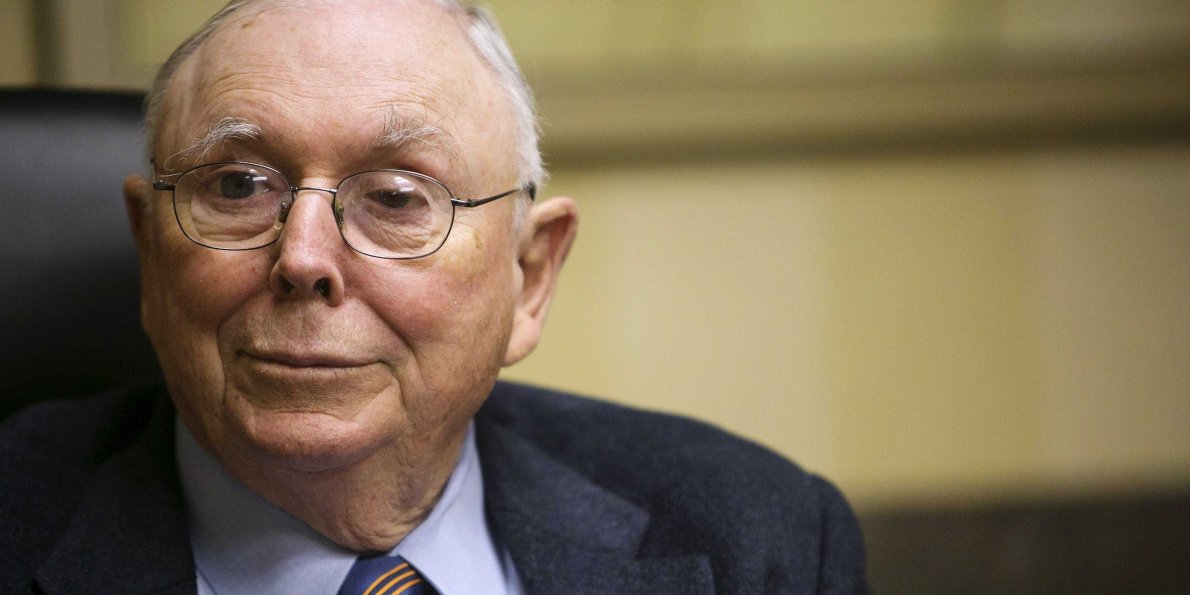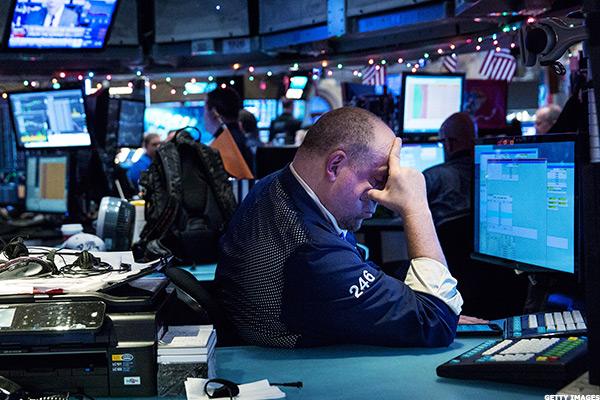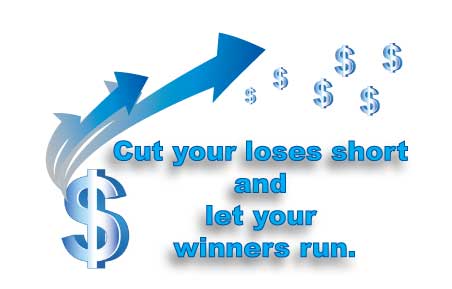Reblog: Habits Of A Revengeful Trader…
I’m sure every trader on their journey has experienced the novelty of Revengeful Trading. Firstly, what is Revengeful Trading?
As with anything in life, if something belongs to you and it’s taken away from you, you then develop a belief system that dictates that you are to seek and claim back what is rightfully yours. So if you are using your mobile phone, someone rushes up to you and snatches your phone from your hands, you have every right to challenge the thief and take back what is yours.

In Forex, many new traders experience a bad loss and they most likely say one of the following statements:
” That was my hard earned money, i want to make it back”
“i don’t deserve to experience this loss, what have i done wrong, I’m not a bad person?”
“That is not fair, my entry was fine, what did i do wrong to lose my money, ah man, my account is low, i have to trade to earn it back”










